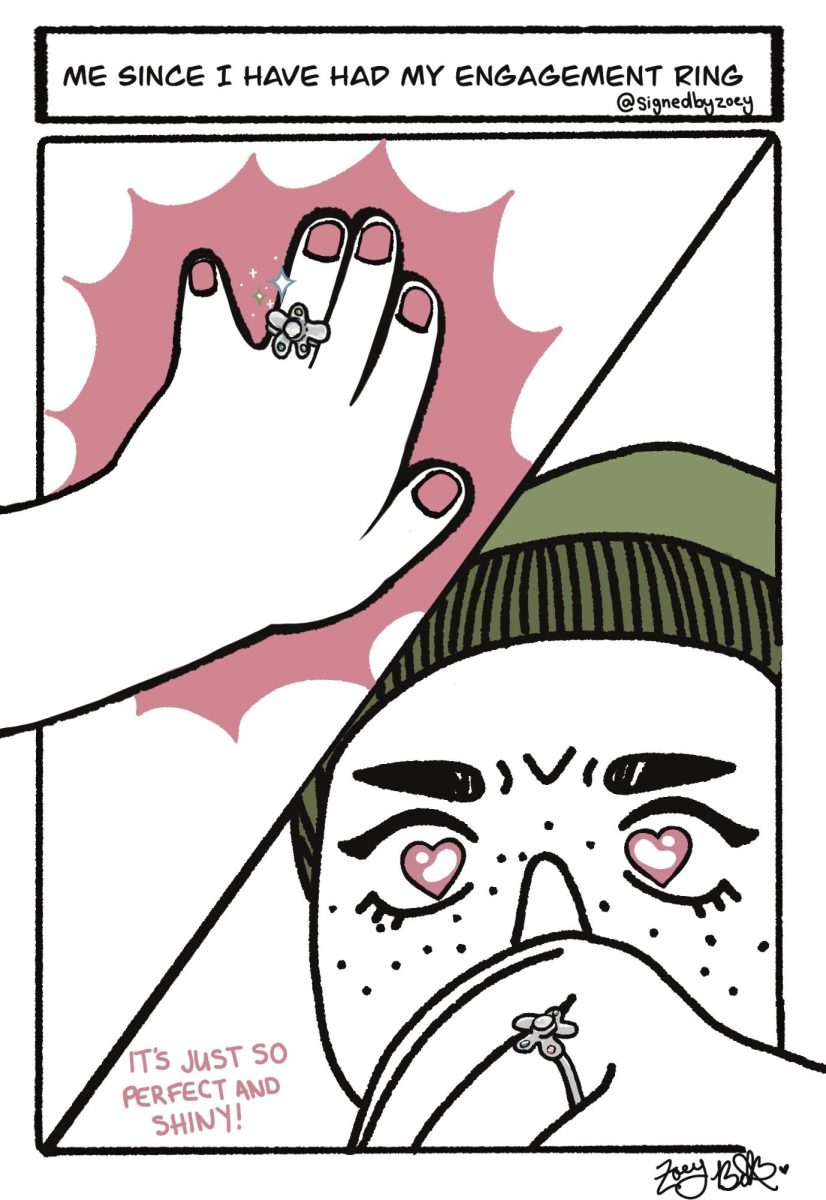*PRINT* Meaning of gestures across cultures
Oct 8, 2014
Headline: Meaning of gestures across cultures
By Anush Yepremyan
Do you consider yourself a well-mannered person? Well, maybe you are at home, but what if you are visiting another country? Gestures have become significant in the world of communication. Do they have the same meaning worldwide?
Last year, I was invited to an American Christmas party. It was exciting for me since I have never attended one. In the Ukraine, Christmas is usually on Jan. 7. People go to church and have a nice dinner surrounded with their family and closest friends afterwards. It is not a huge holiday as it is over here.
However, celebrating the New Year is a huge holiday in the countries of the former Soviet Union. Long story short, everybody brought some dishes to the party, which was nice. In the Ukraine and Armenia, when we visit someone, we cannot go there empty-handed.
Anyway, I enjoyed the Christmas party a lot; it was so much fun! What was odd for me is that at the end, when everybody was about to leave, people started taking back their food. In the Ukraine and Armenia, it is considered to be rude to take back whatever you brought to the host, unless the host decides to give you, as you say, a “doggy bag.”
Two years ago, my best friend had a chance to go to England for several weeks. She was supposed to live with a host family. She bought a bouquet of white lilies as a sign of hospitality when she went to their house for the first time. So my friend, proud of herself, presented flowers to the household. You could tell right away that those lilies did not meet that lady’s expectations.
On the top of everything, she handed them with her left hand (she is a left-handed person). The lady was shocked; her face was red, her eyes were burning and anger was eating her up. The woman pointed her to the door. Later on, it turned out that in England white lilies mean death. The left hand is considered as unclean, because in some countries toilet paper is still a luxury.
Sometimes our most commonly used gestures have totally opposite meaning in other cultures. For example, who does not like receiving compliments? But be careful! Some people would think that you are claiming for their belongings. One of my classmates was from Southern Arabia. She often invited us to her place. She was a very genuine host. So whenever we would compliment her, whether it was her accessories, perfumes or any other things, she would say, “You can have it.” And she was insisting.
One day, I just asked her why she was giving her stuff away. The answer was shocking. She said, “If a person compliments you, it means he/she really wants that item for himself/herself.” As I understood, they cannot give you a refusal, since you are their guest. Eventually, they will present it to you.
Remember, gestures can tell a lot about a person and his/her culture. No matter where you go, the interpretation of gestures will have an impact on you and other people.
To read the full version, visit www.lanthorn.com.






















